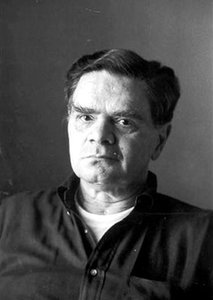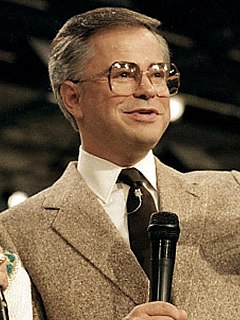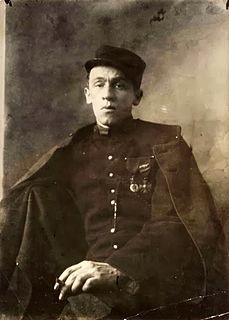A Quote by James Schuyler
However, if a poem can be reduced to a prose sentence, there can't be much to it.
Related Quotes
I never think of my audience when I write a poem. I try to write out of whatever is haunting me; in order for a poem to feel authentic, I have to feel I'm treading on very dangerous ground, which can mean that the resulting revelations may prove hurtful to other people. The time for thinking about that kind of guilt or any collective sense of responsibility, however, occurs much later in the creative process, after the poem is finished.
Certainly for me prose has a dilatory capacity, insofar as I don't trust my abilities in prose. I imagine I could have done the same thing in poetry, but sometimes I feel more fluent in poetry than in prose, and as a consequence perhaps I might pass too quickly by a thing that I might, in prose, have struggled merely to articulate. That struggle creates space, and it seems to me a particular kind of space into which memory flows easily. I suspect I think better in poetry, however.
Love, I thought to myself abstractedly. Not 'This is love' or 'Is this love?' Not a sentence, not a certainty, not a thought with moving parts or direction. Just love, all of it, as it is. Whether it's enough or not. Wthether it's real or we're making it up. However shoddy it gets, or bent out of shape. It's still extraordinary. However foolish, however vain. However badly it ends. Love.




































